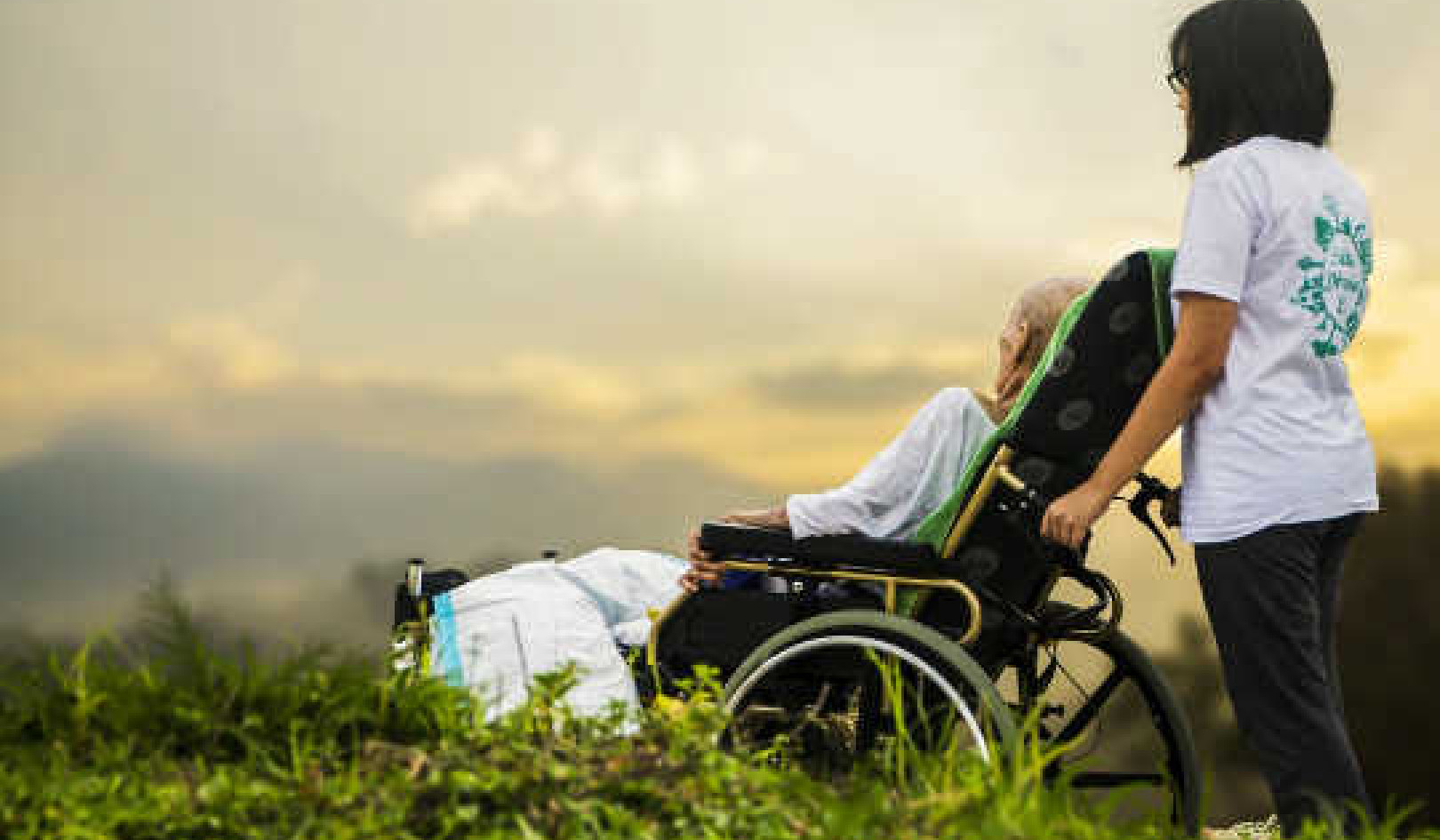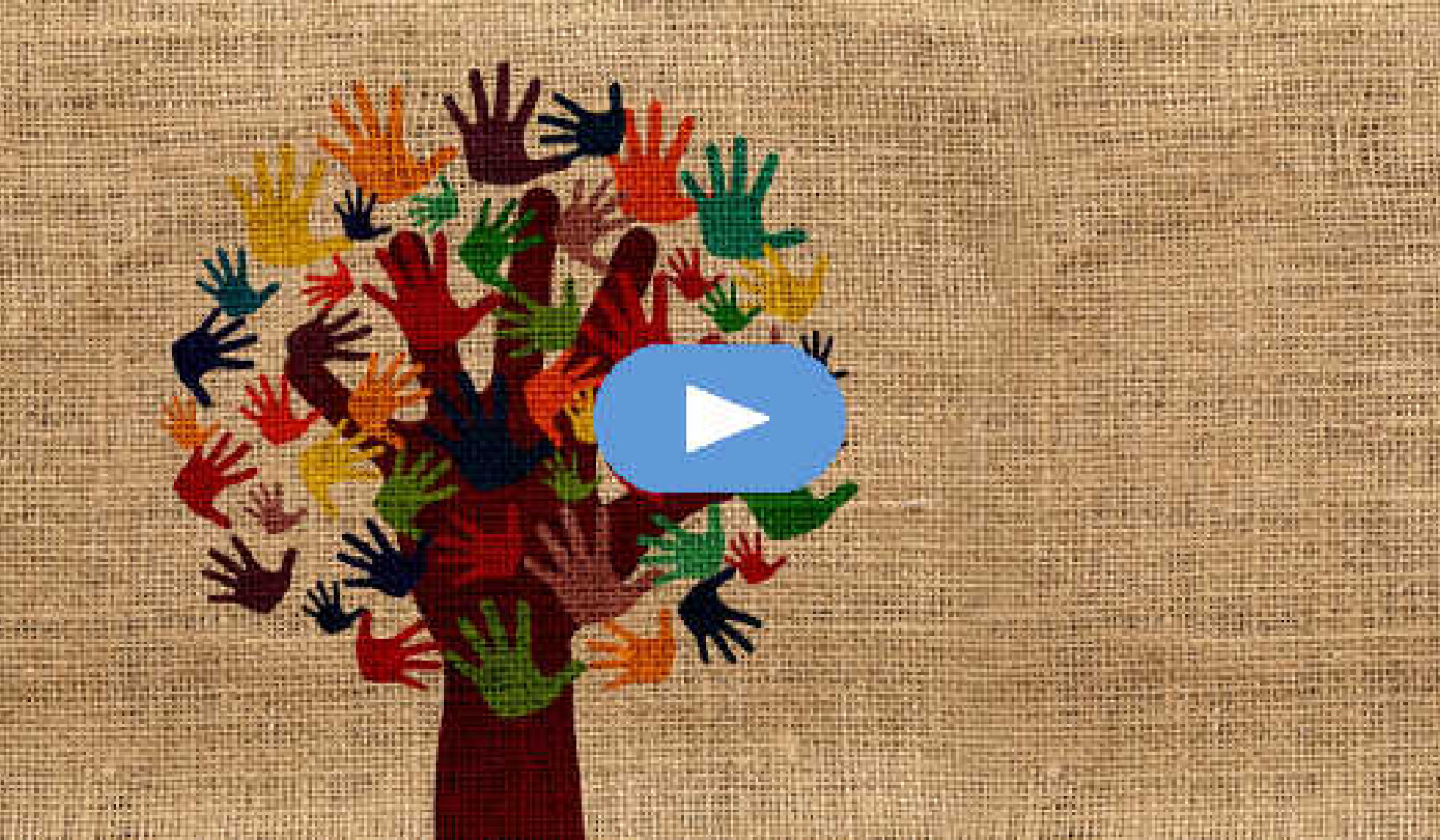
Dr Nagy working with newborns. Author provided
Newborn babies may be adorable, demanding and helpless but we tend not to think of them as particularly social creatures as they come to terms with what this exciting and terrifying new world outside the womb means for them.
But our research suggests that not only are newborn babies having “social” experiences, but they are learning from them almost as soon as they are born.
My team introduced newborn babies, some as young as two hours old, to a situation called “still face”. We engaged the babies for three minutes and then presented a motionless face, as if freezing in the middle of a conversation, for another three minutes before reengaging with the newborns.
The effect of a communication violation like this is known to be dramatic with older infants, who avert their gaze, smile less and start crying during the violation period. They also display a “carry-over effect”, meaning that, even after the experimenter reengages them, they continue averting their gaze and generally fail to reengage for a time.
The team found that even newborns who have no prior experience with face-to-face communication show a robust response to this violation. They stopped looking at the experimenter, displayed visible distress and eventually started crying. Their distress responses continued well beyond the communication disruption. The responses of newborns with no previous face-to-face social communication experience were indistinguishable from those of older infants with months-long exposure to such experiences.
Learning from experience
Significantly, the reactions of the newborns were not random or one-off responses to an unfamiliar event. When I repeated the procedure one day later, the babies displayed the same pattern of distress, gaze aversion and crying. The situation was clearly stressful for them on both occasions.
There was one significant difference. The second time they were in the same situation, the newborns increased their gaze at the researcher after the “still face” period. Their behaviour was studied by examining videos frame-by-frame, and the patterns pointed to an active, meaningful response by the newborns, not just fatigue, acclimation or indifference to the situation.
It appears the newborns “learned” with experience. They learned not to ignore the disturbance –- which remained stressful –- but instead to regulate their own recovery by involving the available interaction partner in the repair process. The newborns had experienced the experimenter reengaging after the disturbance was over. This may have helped them to overcome gaze aversion and look at the experimenter sooner. The sooner they reengaged, the faster they could recover following the disturbance.
We know that newborns are able to control their own states, for example by shutting down unwanted noises. Gaze aversion is one of the more powerful interpersonal behaviours, especially for newborns whose behavioural repertoire is limited. Over-stimulated young infants often use gaze aversion to reduce their heart rates, and it is an effective way to cope with distress. It is not surprising that gaze is among the more sensitive behavioural signs in newborns, reflecting their self-regulatory efforts and possible adaptation.
Newborns are socially sensitive and proactive
Our earlier research suggests that newborns are particularly motivated to engage with us. Neonates are not only able to copy gestures shown to them but also to use their imitative tendencies to communicate and even initiate interpersonal encounters shortly after birth.
However, everyday interactions are “hit or miss”, full of errors and subsequent repairs. The still-face situation provides a laboratory model of these nonverbal communication violations and repairs. Up to 70% of the time, mother–infant pairs are in a mismatched state, violating each other’s expectations. We have now shown that, from birth, babies can proactively contribute to successful communication and actively enable their caregivers to help them in times of stress.
![]() How newborns without prior experience understand social violations, and how they are able to modify their behaviours meaningfully after just one exposure to such social stress, remains to be explored. However, these results suggest that the active involvement of newborns in regulating their own social environments and development has been vastly underestimated.
How newborns without prior experience understand social violations, and how they are able to modify their behaviours meaningfully after just one exposure to such social stress, remains to be explored. However, these results suggest that the active involvement of newborns in regulating their own social environments and development has been vastly underestimated.
About The Author
Emese Nagy, Reader. Medical Doctor & Psychologist Researcher, University of Dundee
This article was originally published on The Conversation. Read the original article.
Related Books:
at InnerSelf Market and Amazon

























